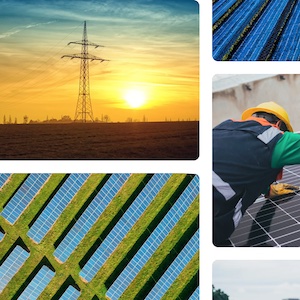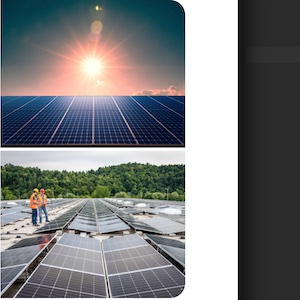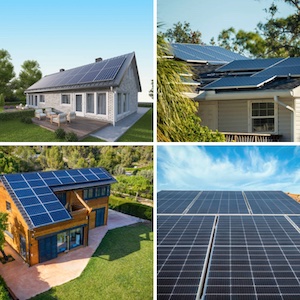How to Choose a Solar Installer
Solar Service Providers: How To Choose a Solar Installer
With frequent power outages and rising electricity costs, solar energy is becoming a popular choice for households across the country. However, selecting the right solar installer is crucial to ensure a reliable system that meets your needs. This article outlines key factors to consider when choosing a solar installer, tailored to local demand and economic realities.
Assessing Installer Credibility
Choosing a trustworthy installer begins with verifying their credentials and reputation. Major cities like Johannesburg, Cape Town, Durban, and Pretoria face high demand for solar solutions due to dense populations and frequent load-shedding. Installers in these hubs often have extensive experience but may charge higher rates. Here’s what to prioritize:
- Accreditation: Confirm registration with the industry association, ensuring adherence to quality and safety standards.
- References and Reviews: Request client testimonials or check online feedback. Urban clients often value speed, while rural ones prioritize longevity.
- Certifications: Ensure they provide electrical Certificates of Compliance (CoCs), critical in wealthier provinces like Gauteng and Western Cape, where solar investments are significant.
Look for warranties on panels (typically 25 years) and inverters (3-10 years). Reputable installers offer financing or rent-to-own options. Beware of “fly-by-night” providers, as poor installations are a growing issue.
Matching Solutions to Your Needs
Your installer should tailor solutions to your energy needs and budget, which differ by region. Gauteng, with average incomes higher compared to the rest of the country, sees demand for robust off-grid systems. In KwaZulu-Natal or Mpumalanga, with lower household income compared to Gauteng or the Western Cape, hybrid systems balancing grid and solar power are popular. Consider these factors:
- Energy Audit: A reliable installer assesses your usage—urban homes may consume 500-1,000 kWh monthly, while rural ones use less.
- Custom Solutions: Look for scalable systems, from basic backups (R50,000) to full off-grid setups (R150,000-R300,000).
- Maintenance Plans: Confirm ongoing support, as spare parts can be pricey in remote areas like Northern Cape.
Urban installers often focus on rooftop systems due to limited space, while rural providers may use ground-mounted panels. Discuss security features like fasteners or sensors, as theft is a concern in some regions.
Comparing Quotes and Contracts
Before committing, compare quotes from multiple installers to ensure value for money. In high-income areas like Gauteng or Western Cape, quotes may include premium components, while in lower-income provinces like Free State or North West, cost-effective options are common. Request detailed breakdowns of equipment, installation, and maintenance costs. Ensure contracts specify timelines—urban projects may take days, rural ones weeks due to logistics. Check for hidden fees, like grid connection costs, and confirm post-installation support. By thoroughly evaluating quotes and contracts, you secure a solar system that aligns with your region’s economic realities and delivers lasting reliability.
Where Are You In Your Solar Journey
Researching

Ready For Quotes

Already Installed

Contact Us
Contact
+27 (0) 71 087 6723
info@solarcentral.co.za
Address
210 Amarand Avenue, Waterkloof Glen
Pretoria, South Africa
Schedule
24 Hours / 7 Days Open
Office time: 10 AM - 5:30 PM
Platform
get in touch
Ready to Get Started
Please fill out this form and we will get in touch with you shortly.
